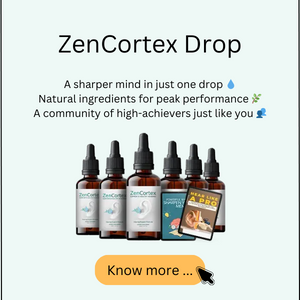Gender gap in valuing supplement certifications.
Whether it’s a small seal on the back of a bottle or proclamation central to a brand’s marketing pitch, quality is practically a given in marketing dietary supplements. But brands leaning into that quality conversation have long been puzzled by how much those certification seals really matter.
Consumer research from the Nutrition Business Journal for the Herbs and Botanicals Special Reports suggests that the certification may matter but it’s who looks at them closely that might be surprising.
Broadly, consumers say that they consider third-party certifications when they buy supplements. In the survey, 63 percent said such certifications are very influential or moderately influential. A smaller number, 6% called them “extremely influential”, but only 15% described third-party certifications as “not at all influential.”
None of this is particularly surprising. People want to trust supplement brands and anything that bolsters that trust is helpful. Whether or not it makes a substantial difference for purchase decisions is another matter.
But what really stands out in the survey is how different men and women view the value of certifications. Women were nearly twice as likely to say that the certifications were not influential at all. And the percentage of men who called them “very influential” was three times higher than the percentage of women who said the same.
What brands should do with that information is not obvious, but the growing interest from brands in marketing to women with products that focus on women’s health issues could mean it’s time to understand the dynamic better. We’ve long said that brands need to do a better job of explaining them. Case in point: A New Hope Network survey from 2022 found that 40 percent of respondents said they had heard of a “mollusk-friendly” certification, despite the fact that no such certification exists. The 14 percent of respondents who said they understood the term were not far behind the 19% who said they understood what regenerative agriculture means.
Breaking what the certifications mean into marketing language that speaks differently to women could be challenging but the supplement industry is doing a far better job of messaging to women that it has in the past.
Since common wisdom and past surveys show that women make a substantially higher share of shopping decisions compared to men, figuring that out is almost certainly worth the effort.
Share this article:












